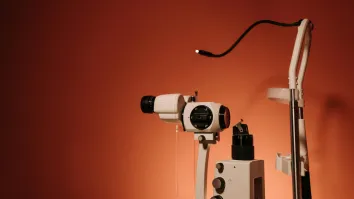
HSBC releases China pharma market outlook for H2
Small cap companies with low valuations could outperform, but leading companies may provide more stable returns.
HSBC has revealed a report on the Chinese pharmaceutical market analysing H1 results and providing an outlook for H2. According to the report, the corporation takes a conservative outlook on the upcoming H1 result. HSBC expects the therapeutic areas excluding oncology and chronic disease drugs, will be weak due to the COVID-19 impact and group purchasing organisation (GPO). However, they signal long-term growth prospects to remain intact.
The firm also indicated that share price performance might face uncertainty as regulatory initiatives tend to be more active in H2. They expect GPO to be expanded to more drugs, but the impact on oral drugs should decline, while BE reviews for injectables should accelerate to pave the way for injectable GPO.
HSBC also told that National Healthcare Security Administration (NHSA) may continue to work on solutions for biological drugs GPO, but they don’t expect any material action in 2020. Updates on Diagnosis-related Groups (DRGs) test runs and guidance on nationwide implementation is also expected.
The corporation further revealed Sino Biopharm (SBP) and CSPC to be their top picks in preferred stocks due to their expected accelerated growth. They also like Shanghai Pharma and The United Laboratories (TUL) for their low valuations.
HSBC’s expectation says SBP should see a moderate recovery from Q1 to deliver high single-digit top-line growth, driven by the ramp-up of new generics and continued momentum of anlotinib.
CSPC is also expected to deliver close to 20% finished drug growth, driven by the growth in the oncology portfolio and improvement of common generics, while NBP’s growth could slow.
Hansoh should have weak H1 results due to major drugs’ GPO implementation, while new drugs’ acceleration takes time, the report added.



















 Advertise
Advertise





